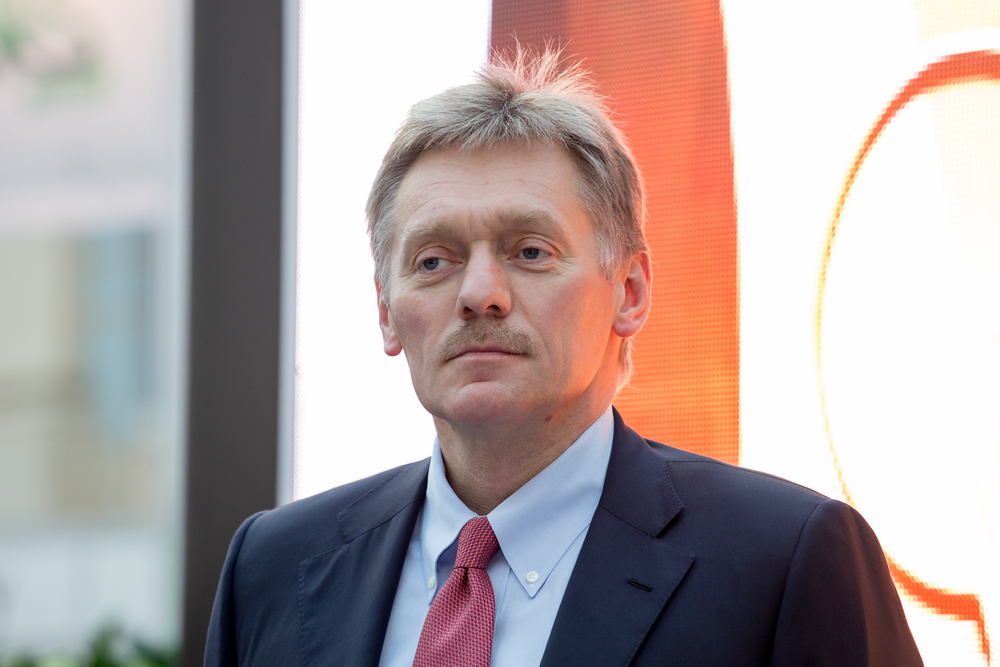As NATO pushes for a massive increase in missile defense spending, Moscow lashes out—warning of confrontation and economic consequences for Europe.
Others are reading now
The geopolitical tension between NATO and Russia is once again on full display. As Western leaders prepare for a major NATO summit in The Hague later this month, a sharp reaction from Moscow has added fuel to the already simmering standoff.
Speaking in a daily press briefing, Kremlin spokesperson Dmitri Peskov fiercely condemned Secretary General Mark Rutte’s push to quadruple NATO’s air and missile defense capacities.
Russia Shifts The Blame To NATO
The Russian official accused the alliance of shedding its diplomatic mask:
“NATO, after removing its mask, is showing in every possible way that it is an instrument of aggression and confrontation.”
Also read
The Kremlin’s comments came in direct response to a speech Rutte is expected to give in London, where he plans to advocate a 400% increase in air defense spending. The proposal aligns with calls from U.S. President Donald Trump for NATO members to allocate a total of 5% of their GDP toward defense and security.
According to HotNews.ro, Rutte is encouraging allies to dedicate 3.5% to military readiness and another 1.5% to broader security measures like infrastructure protection and cyber defense.
“This plan will be to the detriment of European taxpayers”
Peskov’s warning wasn’t limited to finances. He also touched on reports that Russian forces may be advancing toward Ukraine’s Dnipropetrovsk region. Though Kyiv denies the claim, Peskov said creating a buffer zone is “without a doubt” one of Russia’s objectives.
He also reiterated Russia’s conditional willingness to engage in prisoner exchanges and repatriation of the war dead, blaming Ukrainian authorities for delays in the process.
As tensions rise ahead of the June 24–25 NATO summit, the question remains whether Europe will embrace Rutte’s call for greater defense unity—or risk further escalation with a Kremlin that now speaks with increasing bluntness.


